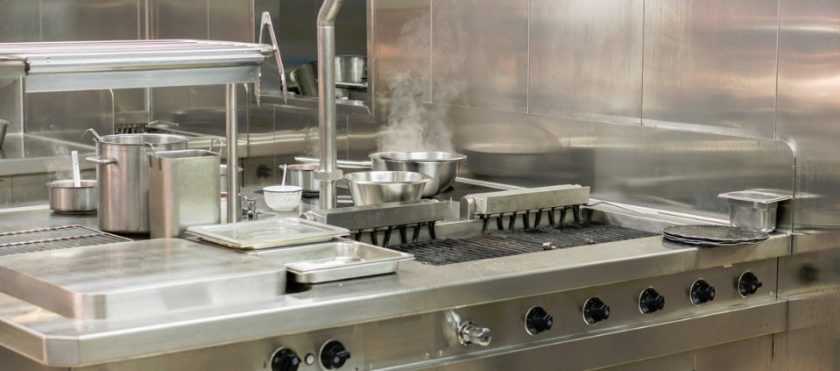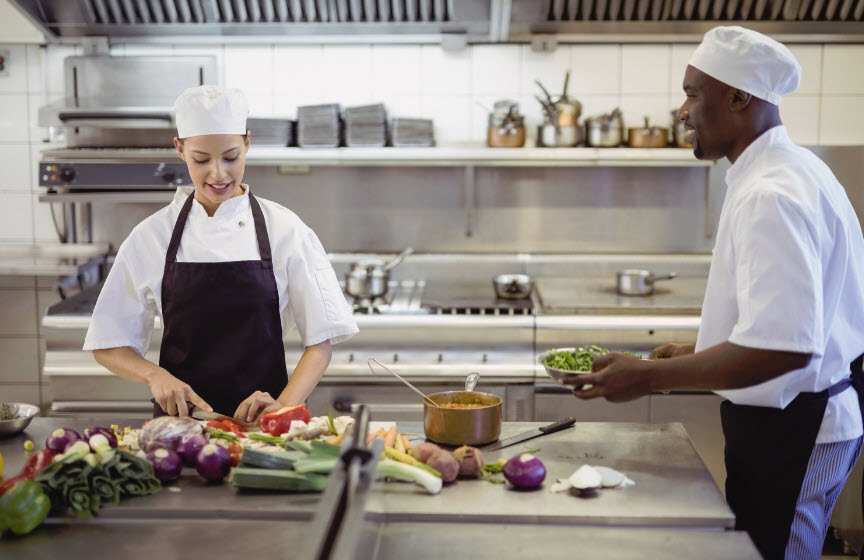Safety in any kitchen is essential, but in a commercial kitchen, it’s absolutely crucial. Running a commercial kitchen means you need to be on top of safety to protect your building, your employees and your customers. Here are a few key ways to make sure you’re keeping your kitchen as safe as possible to prevent any accidents or injuries and keep your delicious food streaming out the door to customers.
Fire Prevention
The top kitchen safety preparation involves fire safety and prevention. A commercial kitchen needs a system for fire detection and suppression New York to prevent kitchen fires from happening or spreading. Because the majority of kitchen fires involve grease, which water will only spread, a suppression system is necessary. They work by cutting off the gas line and spraying a fire suppressant in the affected area. Your staff needs to attend fire prevention training and also participate in regular fire drills so they know exactly what to do in the event of a fire.
Proper Attire
Employees need to have access to personal protective equipment and properly fitted garments. There should be no loose clothing or aprons that could fly into a fire. Close-toed shoes need to be worn to prevent foot injuries. Gloves, oven mitts and face masks may also be necessary depending on what you’re cooking.

Cleanliness
A clean kitchen is necessary to avoid any food contamination issues. Employees need to know proper handwashing and do it often. They also need to know how to properly clean and sanitize cooking equipment. Food-borne illness doesn’t only affect your customers, it’s a top reason for kitchen staff to miss work.
Cleaning
While cleanliness involves proper hygiene and sanitation techniques, cleaning involves keeping floors free from spills and debris. Have warning signs posted in areas where wet floors are common and when a spill happens make sure it’s immediately mopped up. If something glass falls and shatters, have a process for cleaning up the mess safely with a broom or dustpan.
Equipment Guards
To prevent awful accidents, such as amputations and deep lacerations, install the proper guards on all of your equipment. Guards prevent hands and fingers from getting lodged in any kitchen equipment while an employee is at work.
Running a commercial kitchen takes a lot of work and planning and things can get hectic during busy dining hours. Make sure safety is emphasized and your staff is trained well to avoid accidents during those more hectic hours.

